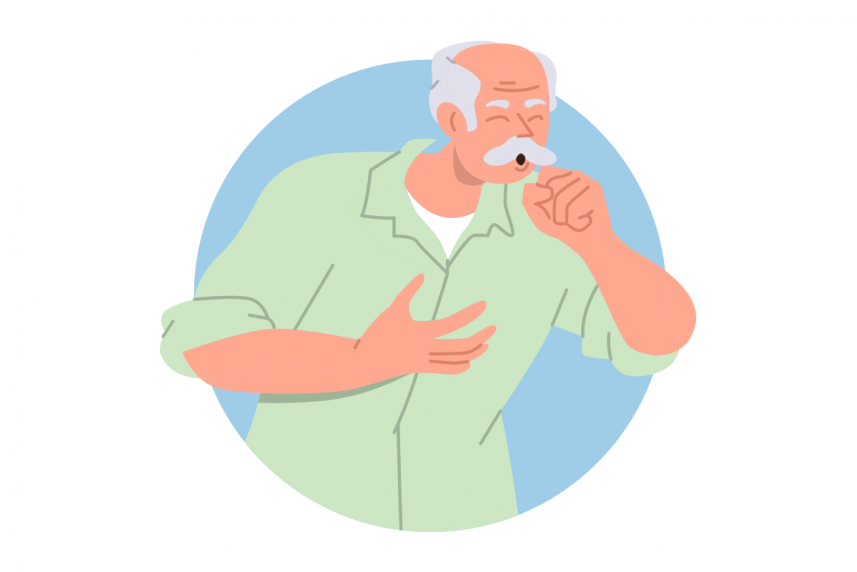Your biggest questions about coughs, answered
We all cough, but why? And when will relief arrive? Here's what you need to know, plus some strategies to help you feel better fast.

Why do people get coughs?
Coughing is a natural reflex and an important part of your immune system. By forcing irritants, such as mucus, germs, or dust, out of your lungs (at speeds of almost 50 mph), coughs are one way your body keeps its airways clear.
Why do I have a dry, tickly cough?
There are many possible causes. Chemical irritants, smoke, dry air, and other pollutants are common dry-cough culprits. “Even some medications, like those commonly used for hypertension, may cause a dry cough,” says Todd Shaffer, M.D., a family doctor. Dr. Shaffer is a member of the board of directors of the American Academy of Family Physicians. One common example: angiotensin-converting enzyme (ACE) inhibitors, such as lisinopril. Asthma and gastroesophageal reflux disease (GERD) can also cause a dry cough and even bring on symptoms like wheezing, Dr. Shaffer says.
How long will my cough last?
Even though the typical cough is rarely serious, it can be annoying. A cough can stick around for two weeks or longer. If it doesn’t go away after a few weeks, that could signal a chronic cough. Everyone heals at different rates, but a chronic cough may be a sign of an underlying medical condition, such as asthma or GERD.
Why do I have a wet, phlegmy cough?
This type of cough often goes hand in hand with flu, cold, pneumonia, or upper-respiratory infections, explains family doctor Asha Shajahan, M.D. Wet coughs are also common with bronchitis. That’s an inflammation of the bronchial tubes that carry air to and from your lungs.
When should I see a doctor?
Call your provider if your cough lasts more than eight weeks and at-home remedies don’t help — or if your cough comes with fever, chills, difficulty swallowing, wheezing, or a sour taste in your mouth. Check with your doctor if you develop a cough after starting a new medication.


